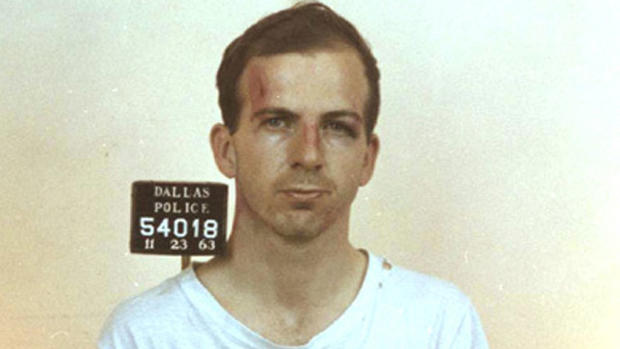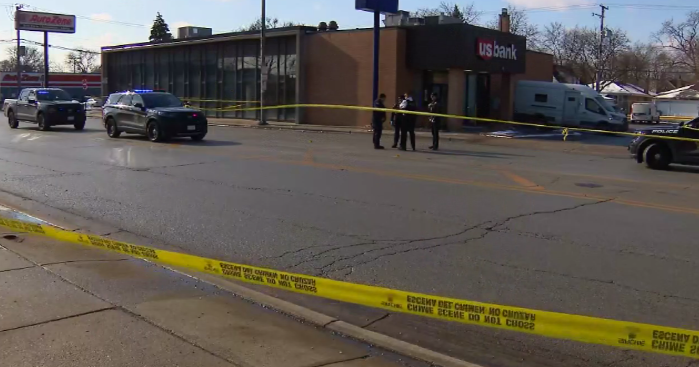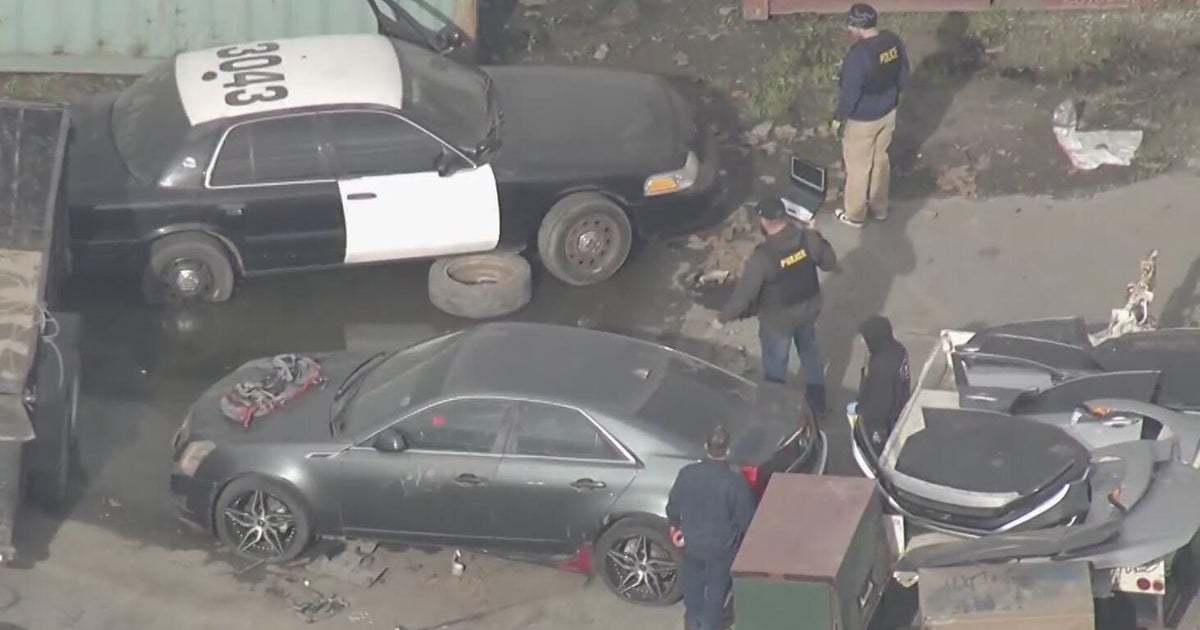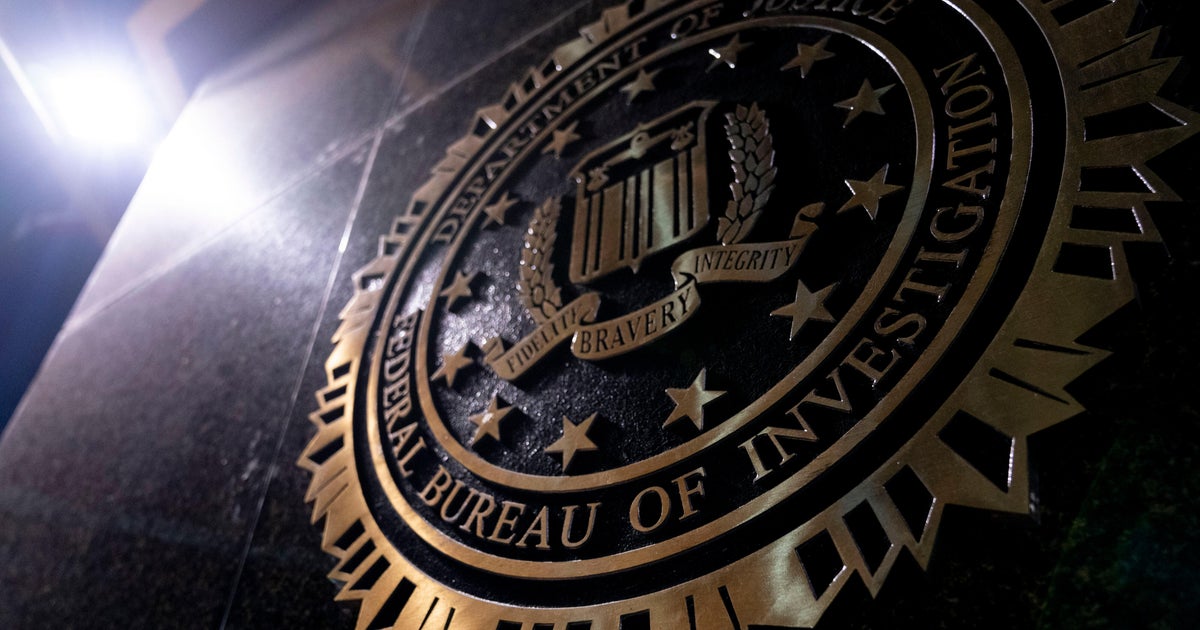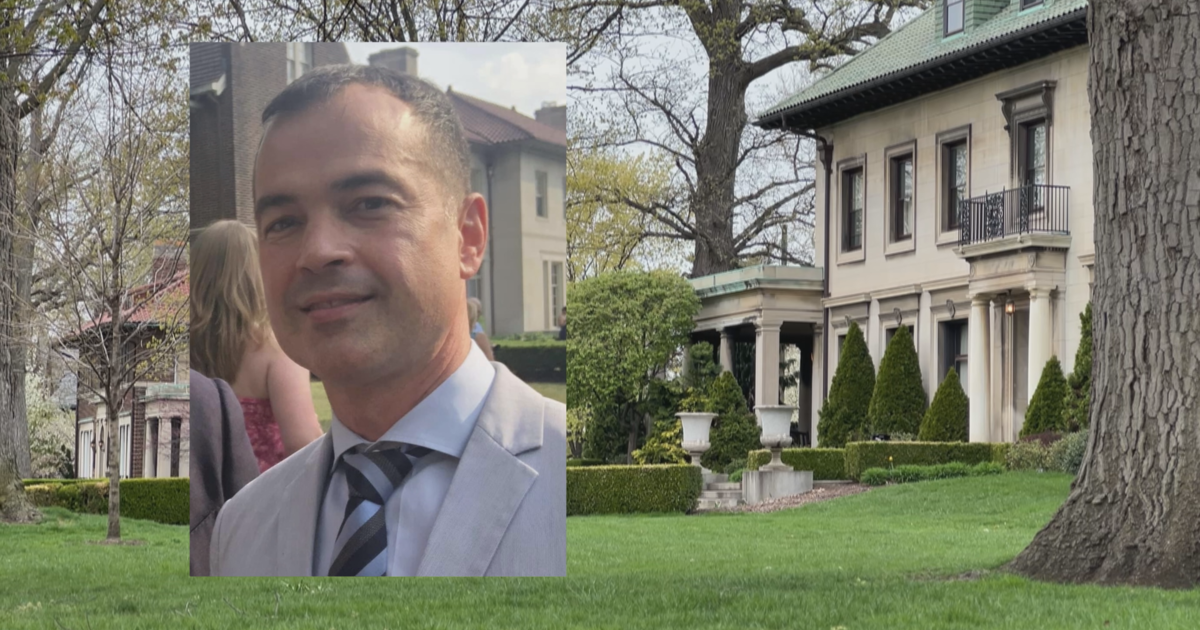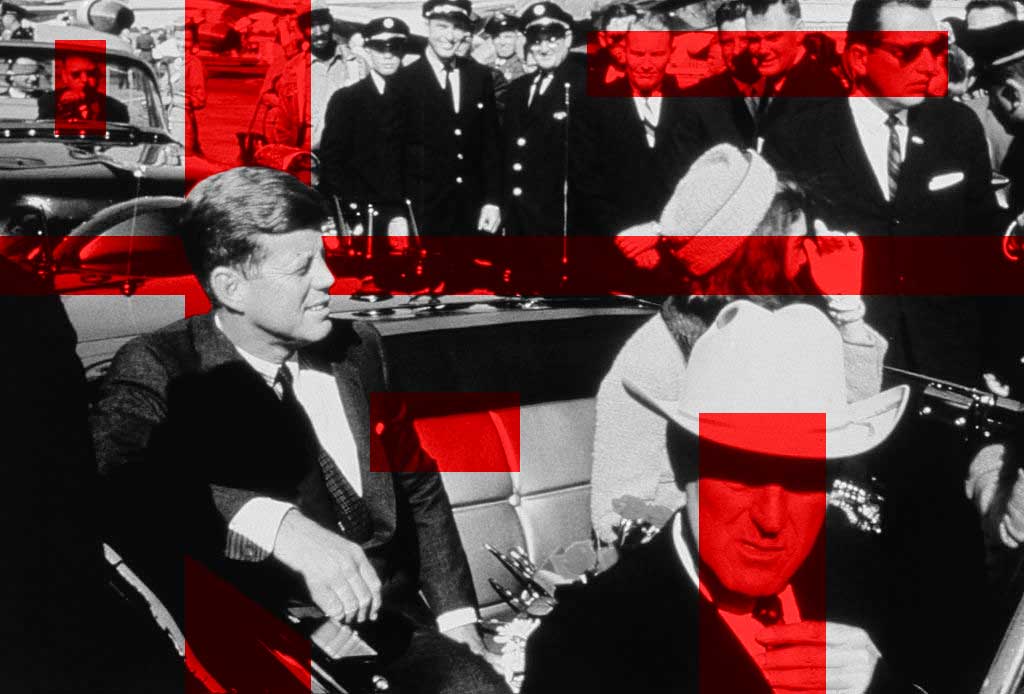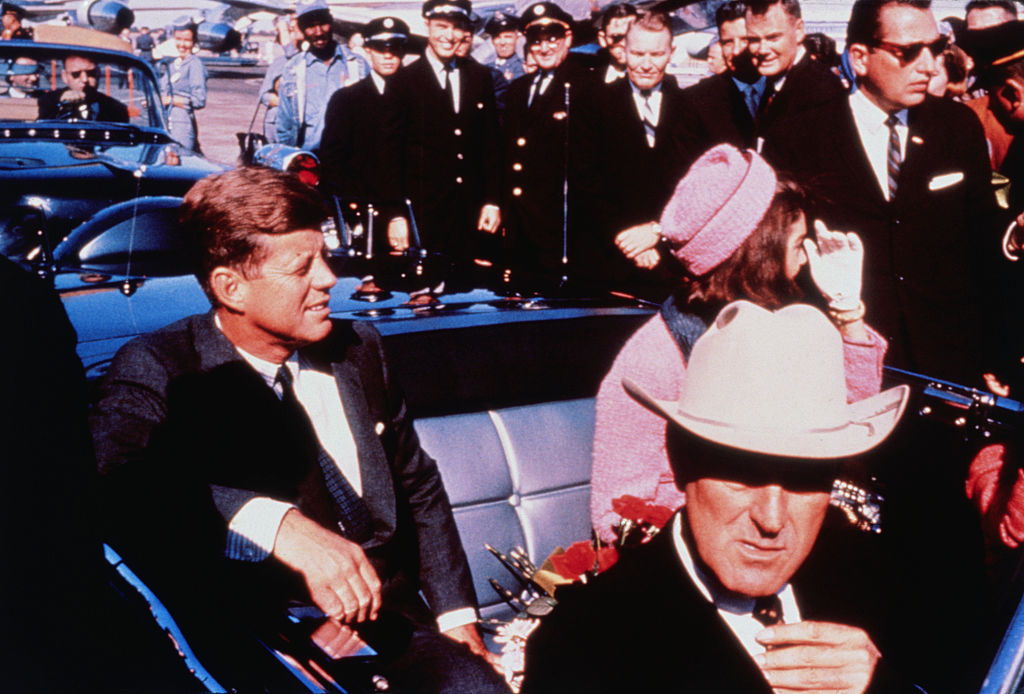JFK assassination files: Hoover said FBI must "convince the public" Oswald acted alone
Newly released FBI files about the assassination of John F. Kennedy are shedding new light on shooter Lee Harvey Oswald and the bureau chief's efforts to quell conspiracy theories about the fatal shooting of the nation's 35th president.
In the chaotic aftermath of the assassination, followed two days later by the murder of Oswald while in police custody, FBI Director J. Edgar Hoover vented his frustration in a formerly secret report found in the files. It opened: "There is nothing further on the Oswald case except that he is dead."
But, reflecting on Oswald less than an hour after he died, Hoover already sensed theories would form about a conspiracy broader than the lone assassin.
"The thing I am concerned about, and so is (deputy attorney general) Mr. Katzenbach, is having something issued so we can convince the public that Oswald is the real assassin," he said.
He also reported: "Last night we received a call from our Dallas office from a man talking in a calm voice and saying he was a member of a committee organized to kill Oswald."
Hoover said he relayed that warning to Dallas police and was assured Oswald would be sufficiently protected. Oswald was shot dead the next day by Jack Ruby.
A document from 1975 contains a partial deposition by Richard Helms, a deputy CIA director under Kennedy who later became CIA chief, to the Rockefeller Commission, which was studying unauthorized CIA activities in domestic affairs. Commission lawyers appeared to be probing for information on what foreign leaders might have been the subject of assassination attempts by or on behalf of the CIA.
A lawyer asks Helms: "Is there any information involved with the assassination of President Kennedy which in any way shows that Lee Harvey Oswald was in some way a CIA agent or agent" - here the document ends, short of his answer.
CBS News' Bob Schieffer, who was then a 26-year-old Fort Worth newspaper reporter at the time, gave Oswald's mother a ride to the police station after the assassination.
"She expressed no remorse about the president being killed," Schieffer recalled.
Among the files is a more than 400-page document that appeared to describe people being monitored as potential threats to Kennedy and his successor, Lyndon B. Johnson.
Officials described one such person this way: "Subject participated in pickets against JFK in 1961. Allegedly trained in guerrilla tactics & sabotage. Considered very dangerous by those who know him. Has visited USA & Cuba. Considered armed and dangerous."
Some suspicions missed the mark badly.
One document describes a person who sent a letter to Johnson in December 1963 stating "you're doomed." The document says: "Interviewed 1/23/64; friendly. Said letter was a joke. Not dangerous. Attending 5th grade."
